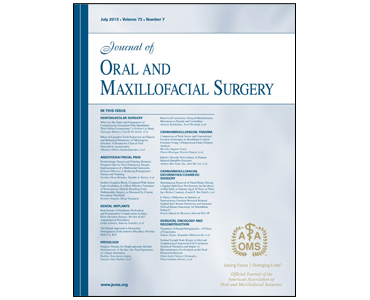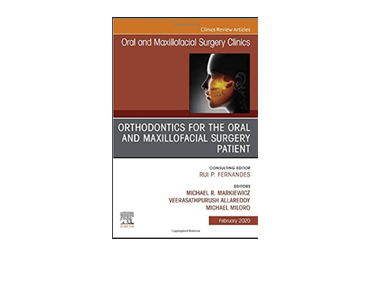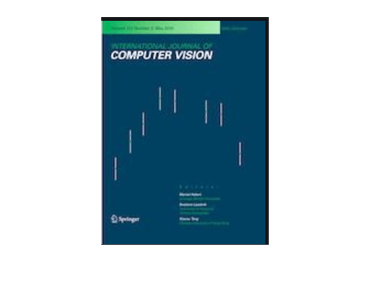Three-dimensional facial volume analysis using algorithm-based personalized aesthetic templates. AJ Tuin, JW Meulstee, TGJ Loonen et al.
Date: February 2020 (Online). Source: International Journal of Oral and Maxillofacial Surgery. Abstract: Three-dimensional stereophotogrammetry is commonly used to assess volumetric changes after facial procedures. A lack of clear landmarks in aesthetic regions complicates the reproduction of selected areas in sequential images. A three-dimensional volumetric analysis was developed based on a personalized aesthetic template. The…
Details








